
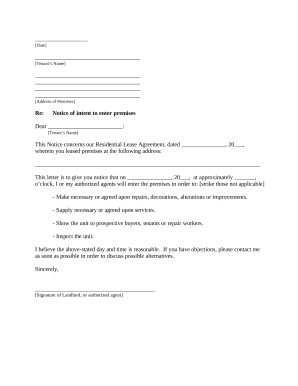
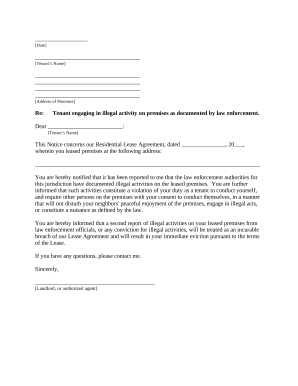
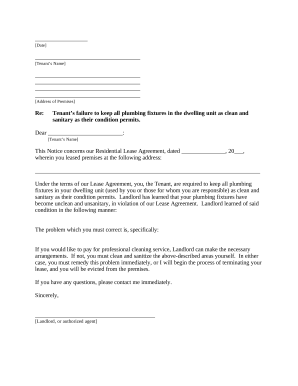
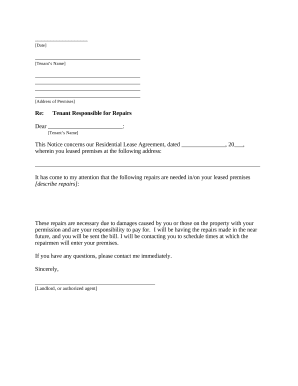
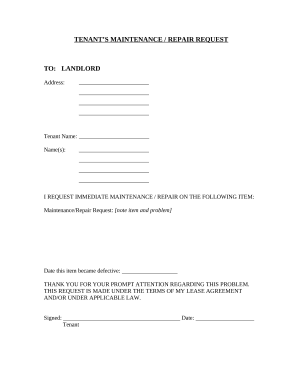
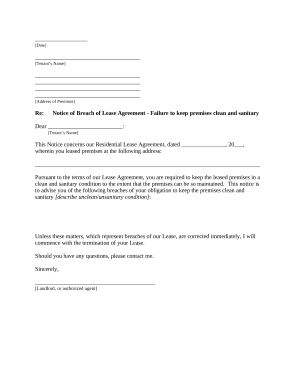
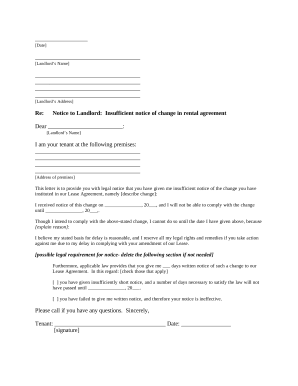
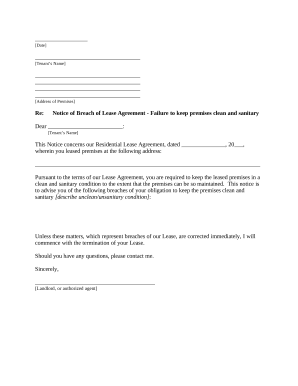


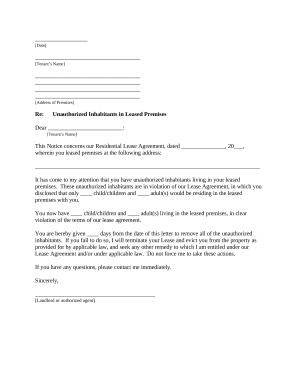
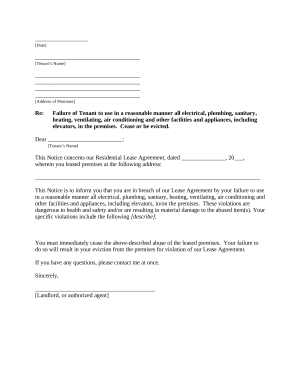
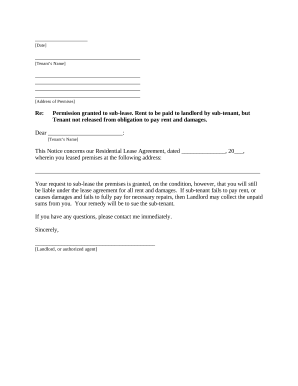
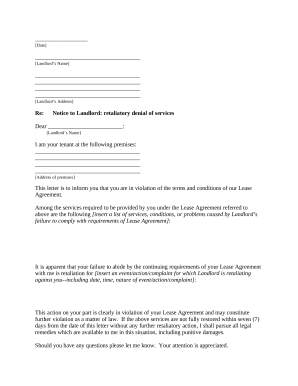
Boost your file operations using our Landlord Notifications collection with ready-made templates that meet your requirements. Get your form, alter it, fill it, and share it with your contributors without breaking a sweat. Begin working more efficiently with the forms.
The best way to use our Landlord Notifications:
Discover all of the opportunities for your online file management with our Landlord Notifications. Get a free free DocHub account right now!